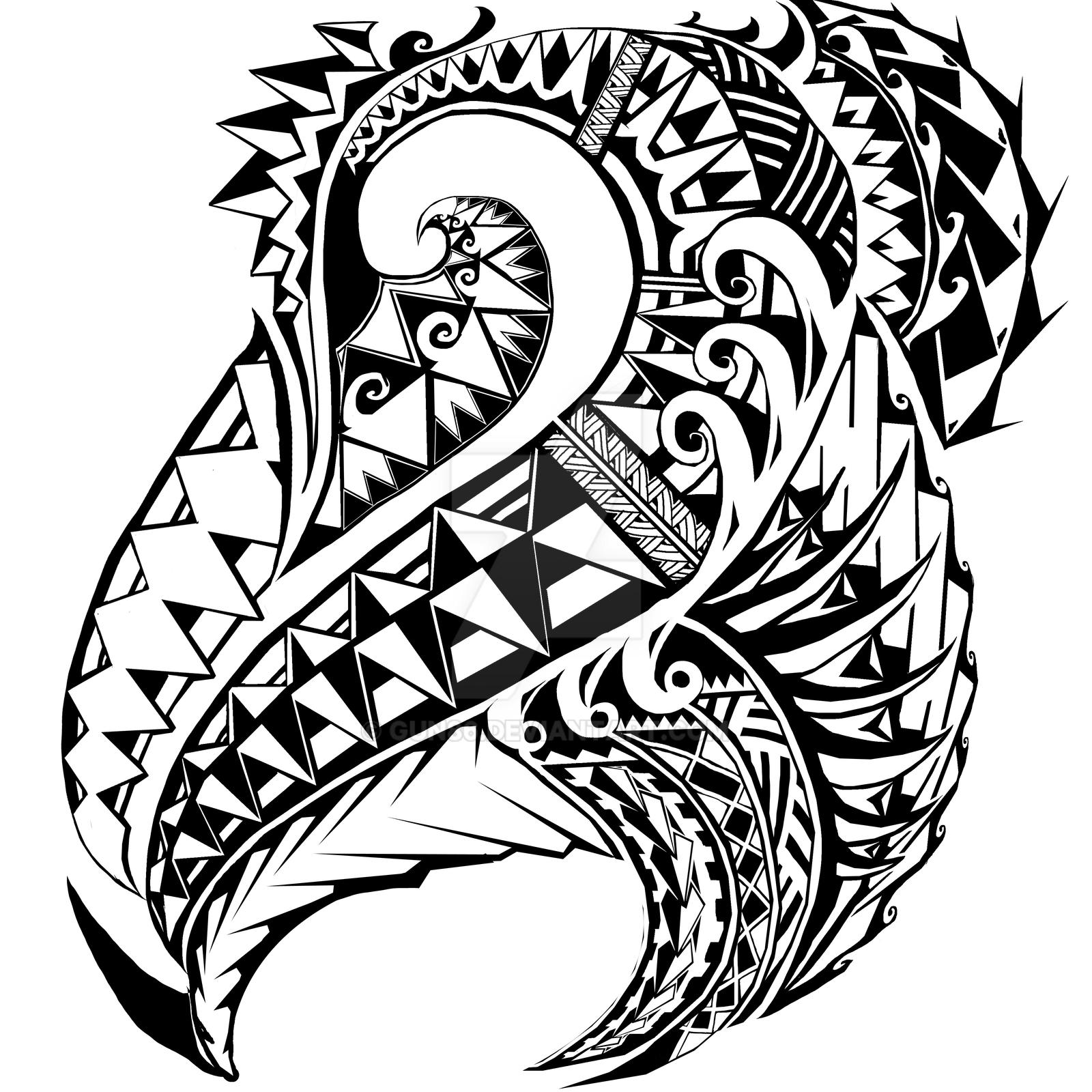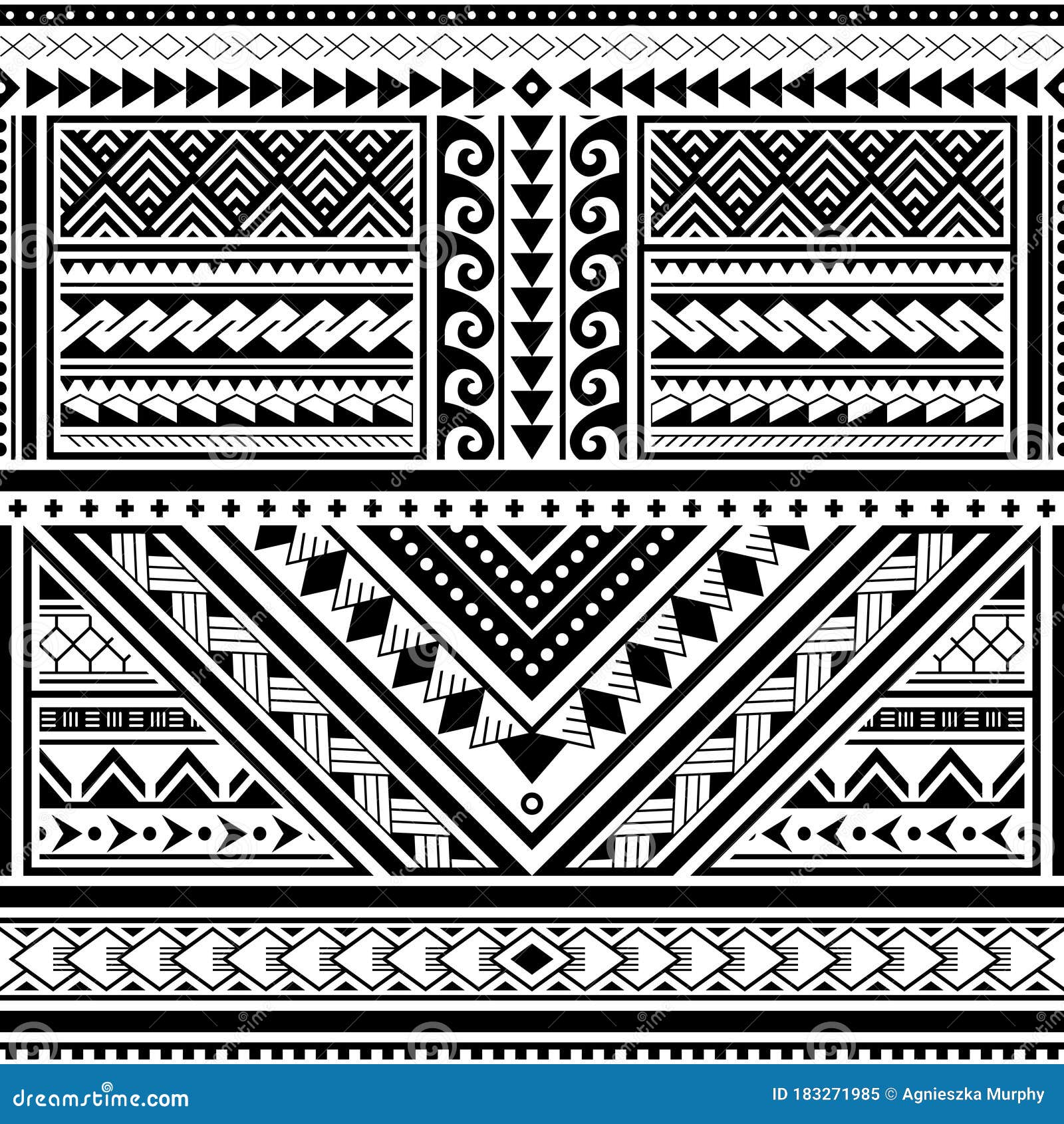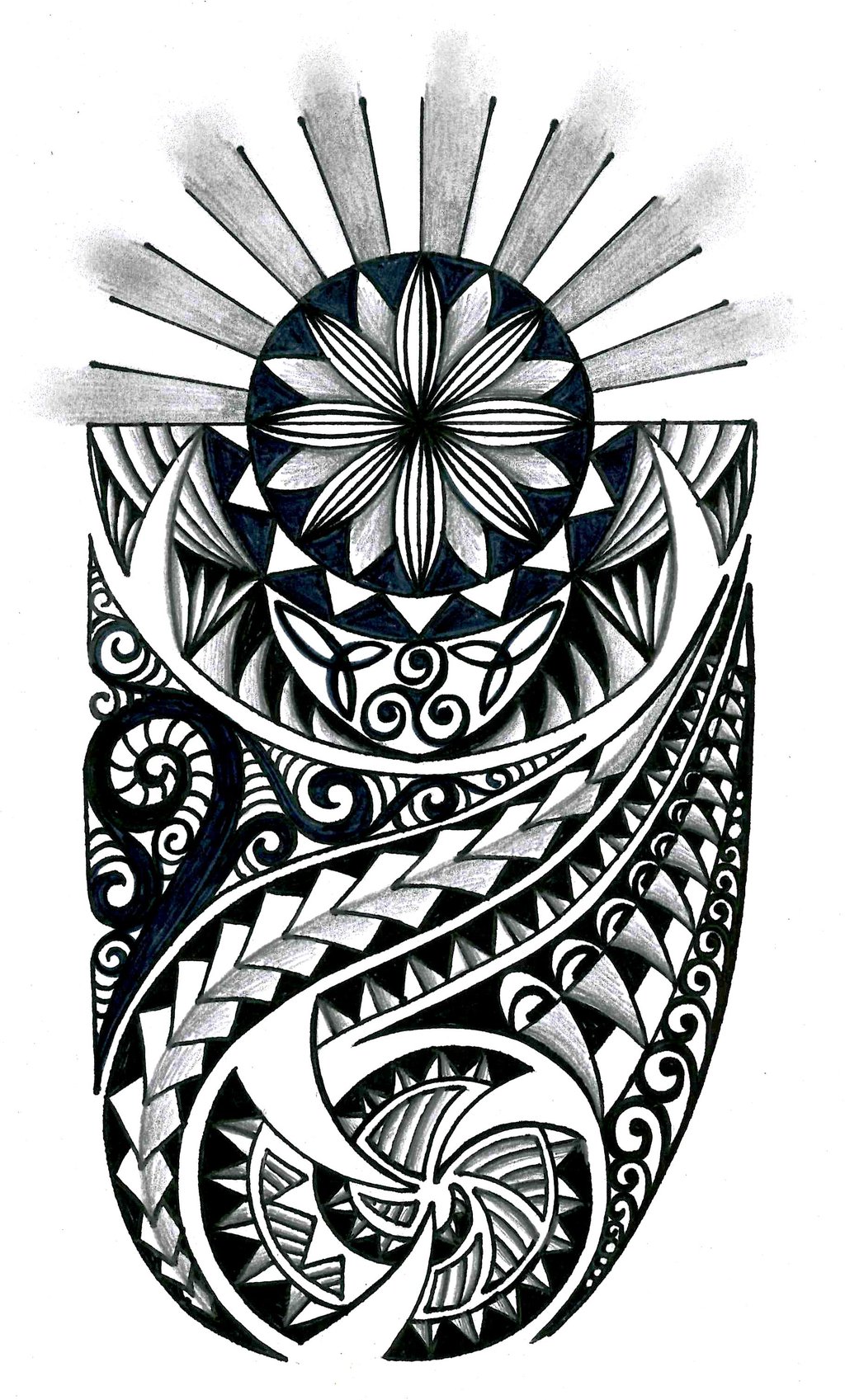## Kahiko: The Legacy Of Hawaiian Tribal Tattoo Art Preserving Cultural Identity
Embark on a captivating journey into the ancient art of Kahiko, the intricate and profound tribal tattoos that have adorned the bodies of Hawaiian warriors and chiefs for centuries, connecting them to their ancestors and preserving their rich cultural heritage.

Samoan Tribal tatt by Gun86 on DeviantArt – Source www.deviantart.com
### Challenges Of Kahiko: The Legacy Of Hawaiian Tribal Tattoo Art
In the modern era, Kahiko faces challenges in maintaining its authenticity and significance. With the advent of modern tattooing techniques and the decline of traditional Hawaiian practices, the true essence of Kahiko has been at risk of fading away.

Aggregate more than 87 hawaiian tattoo triangles – in.eteachers – Source in.eteachers.edu.vn
### Purpose Of Kahiko: The Legacy Of Hawaiian Tribal Tattoo Art
Kahiko, a sacred art form, was not merely decorative but imbued with profound meaning and symbolism. Each tattoo served as a unique representation of the individual’s rank, genealogy, achievements, and spiritual beliefs.

Fabric: Tribal Native Hawaiian Print, Polynesian Tattoo, Tapa, Lavalava – Source www.pinterest.nz
### Essence Of Kahiko: The Legacy Of Hawaiian Tribal Tattoo Art
Kahiko’s bold geometric patterns, sharp lines, and intricate designs reflect the strength, courage, and spirituality of the Hawaiian people. These tattoos were not just personal adornments but potent symbols of identity and connection to the natural world.

15 Hawaiian Tribal Art Designs Images – Hawaiian Tribal Tattoo Designs – Source www.newdesignfile.com
Kahiko: The Legacy Of Hawaiian Tribal Tattoo Art
My encounter with a Hawaiian elder adorned with intricate Kahiko tattoos sparked an insatiable curiosity. His tattoos were a living testament to his lineage, his journey, and the enduring spirit of his ancestors. Through deep conversations, I discovered the profound significance of Kahiko, not just as an art form but as a sacred tradition connecting the past to the present.
Kahiko practitioners wield a unique set of tools, including the traditional bamboo combs and ironwood mallets. The tapping of the mallets creates a rhythmic beat that accompanies the intricate hand-poking technique, a method that has been passed down through generations.

The Meaning Of Kahiko: The Legacy Of Hawaiian Tribal Tattoo Art
The Hawaiian word “kahiko” translates to “ancient” or “traditional.” Kahiko tattoos are more than just body art; they are a sacred form of storytelling. Each symbol, line, and pattern holds a specific meaning, narrating the wearer’s heritage, accomplishments, and spiritual beliefs.
For the ancient Hawaiians, tattoos were not just a mark of beauty but a reflection of their identity and connection to their ancestors and the divine. The intricate patterns and designs were believed to possess mana, or spiritual power, offering protection and guidance to the wearer throughout their life.

History And Myth Of Kahiko: The Legacy Of Hawaiian Tribal Tattoo Art
Kahiko’s roots are deeply intertwined with Hawaiian history and mythology. According to legend, the art of tattooing was brought to Hawaii by the demigod Maui, who used a magical bone fishhook to tattoo the first Hawaiian chief, Kaka’e.
In ancient Hawaiian society, tattoos held great significance and were a rite of passage for both men and women. Young men and women underwent the painful process of tattooing as a symbol of their transition to adulthood and acceptance into the community.

Hidden Secrets Of Kahiko: The Legacy Of Hawaiian Tribal Tattoo Art
Kahiko tattoos were not just superficial adornments; they were believed to hold hidden powers and secrets. Certain designs were said to enhance strength, courage, and fertility, while others were used for protection against evil spirits and illnesses.
The placement of tattoos also held significance. Tattoos on the face were reserved for chiefs and high-ranking individuals, while tattoos on the arms and legs symbolized strength and prowess in battle.

Recommendations Of Kahiko: The Legacy Of Hawaiian Tribal Tattoo Art
For those considering a Kahiko tattoo, it is imperative to approach the process with respect and understanding. Seek guidance from a reputable Hawaiian tattoo artist who has a deep knowledge of the cultural significance and traditional techniques of Kahiko.
Be prepared for a commitment, as Kahiko tattoos are permanent and should not be taken lightly. Allow ample time for research and contemplation before deciding on a design that resonates with you and your heritage.

### Kahiko: The Legacy Of Hawaiian Tribal Tattoo Art and Cultural Identity
Kahiko tattoos are not just a form of body art; they are an integral part of Hawaiian culture, reflecting the deep connection between the wearer and their identity. The process of receiving a Kahiko tattoo is a profound and transformative experience that strengthens that bond.
In a world where cultural traditions are often diluted, Kahiko stands as a beacon of pride and resilience, preserving the ancient wisdom and artistry of the Hawaiian people.

Kahiko: The Legacy Of Hawaiian Tribal Tattoo Art and Modernity
While Kahiko remains rooted in tradition, it has also evolved to reflect the modern world. Contemporary Hawaiian tattoo artists incorporate traditional designs with new techniques and artistic interpretations.
This blending of the old and the new ensures that Kahiko continues to thrive, adapting to the changing times while preserving the essence of its cultural heritage.

Fun Facts Of Kahiko: The Legacy Of Hawaiian Tribal Tattoo Art
Kahiko tattoos have gained worldwide recognition for their unique beauty and cultural significance. Here are some fascinating facts about this ancient art form:
- The traditional Hawaiian tattoo pigment was made from burnt kukui nuts mixed with coconut oil.
- Tattooing was a communal event in ancient Hawaii, with family and friends gathering to support the recipient.
- The process of receiving a Kahiko tattoo was often accompanied by chanting and prayers.

How To Kahiko: The Legacy Of Hawaiian Tribal Tattoo Art
Receiving a Kahiko tattoo is a sacred and deeply personal experience. Here’s a step-by-step guide to approaching the process:
- Research and connect with a reputable Hawaiian tattoo artist.
- Discuss your design ideas and the cultural significance behind them.
- Prepare for the tattooing session by following the artist’s instructions.
- Embrace the experience and allow yourself to connect with the cultural traditions.

What If Kahiko: The Legacy Of Hawaiian Tribal Tattoo Art Disappears
The loss of Kahiko would be a profound loss to Hawaiian culture and the world. This ancient art form represents a tangible connection to the past and a source of pride and identity for the Hawaiian people.
Preserving Kahiko requires ongoing support and recognition of its cultural importance. It is essential to foster the skills and knowledge of traditional tattoo artists and encourage the next generation to carry on this legacy.

Listicle Of Kahiko: The Legacy Of Hawaiian Tribal Tattoo Art
Here’s a curated listicle highlighting key aspects of Kahiko:
- Cultural Symbolism: Kahiko tattoos represent identity, rank, achievements, and spiritual beliefs.
- Historical Significance: Rooted in ancient Hawaiian history and mythology, Kahiko tattoos connect the wearer to their ancestors.
- Sacred Ritual: The process of receiving a Kahiko tattoo is often accompanied by chanting and prayers, making it a sacred experience.
- Cultural Preservation: Kahiko tattoos play a vital role in preserving and传承ing Hawaiian cultural traditions.
## Questions and Answers About Kahiko: The Legacy Of Hawaiian Tribal Tattoo Art
A: Kahiko tattoos are traditionally hand-poked using bamboo combs and ironwood mallets.
A: The placement of a Kahiko tattoo varies depending on the design and its intended meaning.
A: The time required for a Kahiko tattoo varies depending on the size and complexity of the design.
A: Yes, the process of receiving a Kahiko